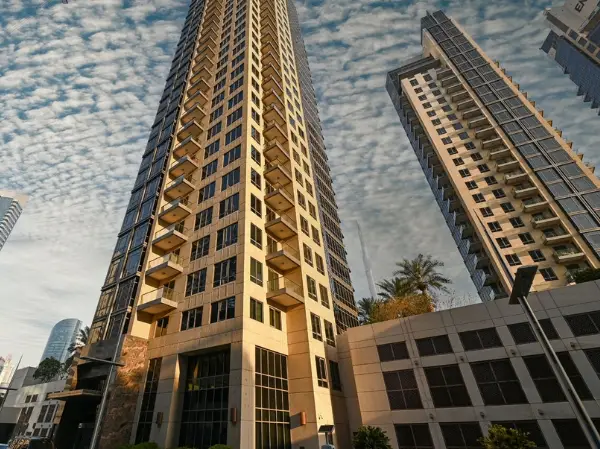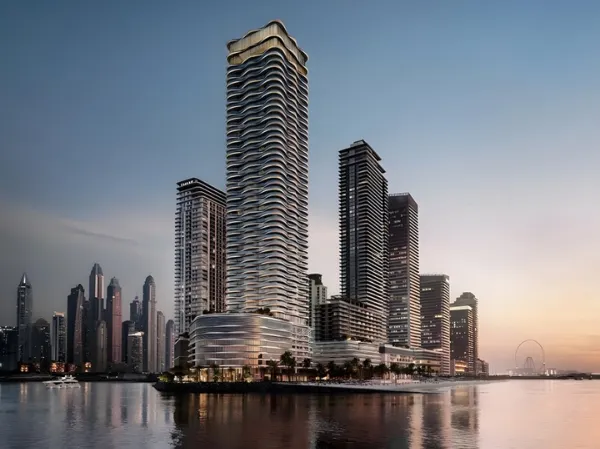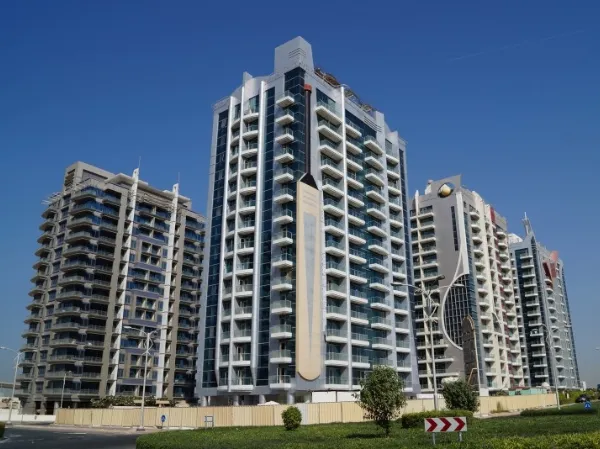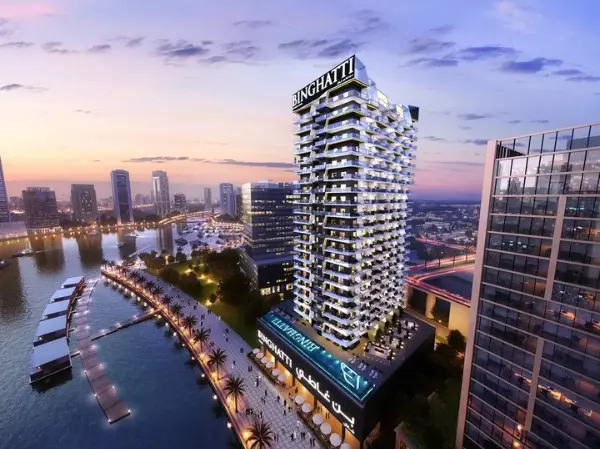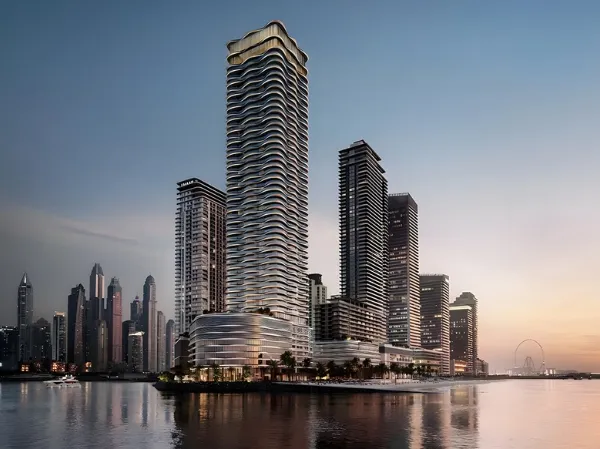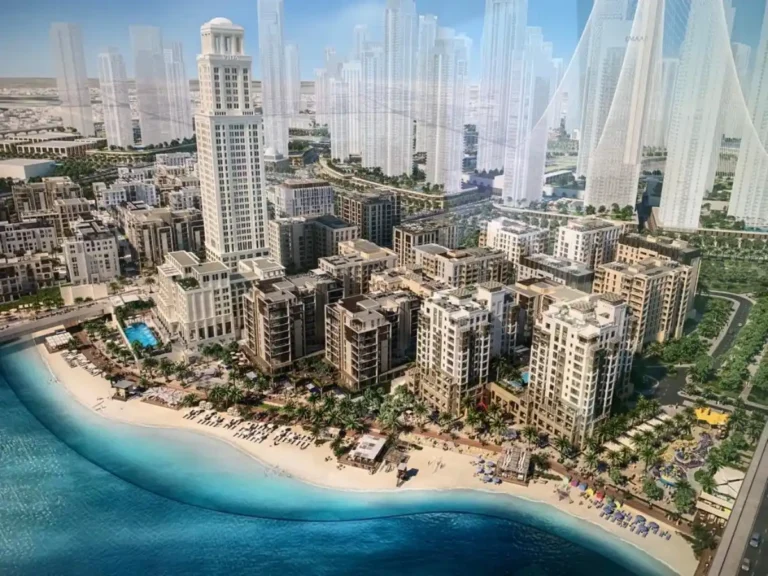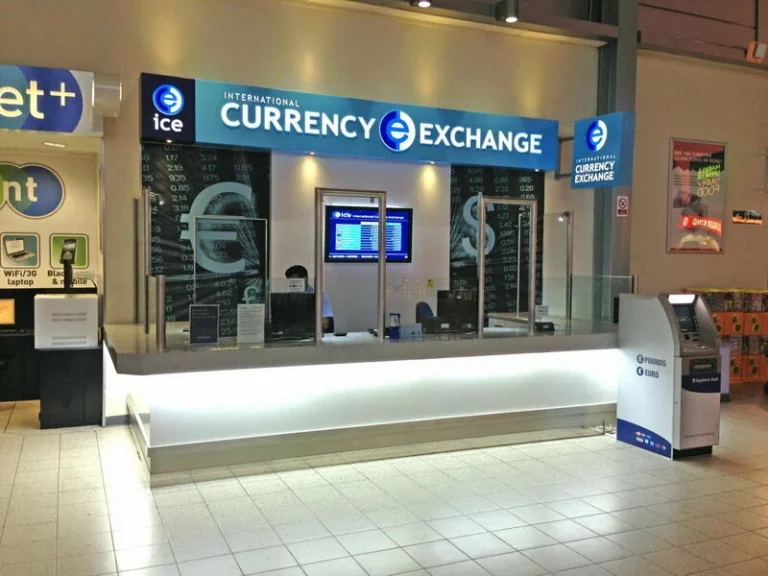Oil prices sound like something best left to economists, news anchors, or someone who wears suits for a living. But in Dubai, they quietly stir the pot without ever showing up to a property launch or open house. One day there’s talk of three new towers coming up. The next, it’s all crickets and “we’re waiting for approvals.”
No one brings it up during a site visit, but the signs are everywhere: developers suddenly getting generous with offers, or acting like their inventory is gold-plated. Buyers either rush to book or start stalling like they’ve got all the time in the world. And the funny part? Most of them have no idea oil had anything to do with it. They couldn’t even tell you if Brent Crude is a street, a steak, or an economic signal.
We at Apex Skyline use these patterns – like shifts in developer behavior and buyer sentiment – as one of many signals to get a better read on when to push forward and when it makes sense to pause. It’s not just the high-net-worth crowd feeling it. Anyone who’s tried to buy property in Dubai, rent, or even lease a luxury flat is indirectly at the mercy of where oil barrels are headed. Subtle? Yes. Insignificant? Not even close.
So, How Exactly Does Oil Sneak Its Way Into Dubai’s Real Estate Scene?
It starts with money. Oil revenue fuels government spending, and in this city, that spending isn’t exactly low-key. Infrastructure, mega-projects, lifestyle incentives, foreign investment boosters – when oil prices surge, so does the government’s ability to bankroll things that make Dubai more attractive to investors, developers, and residents. And when that money flows into the system, two things happen:
- Developers get bolder with launches, especially off-plan apartments in Dubai, because those don’t need a finished tower to sell dreams.
- The demand from international buyers goes up, because suddenly Dubai feels even more like a gold-plated haven compared to high-tax markets or unstable economies elsewhere.
Now flip that. When oil prices tank, government liquidity tightens. Not catastrophically, because Dubai’s economy has diversified a lot since the early 2000s. But belt-tightening happens. Incentives get pulled back. Investor sentiment cools. And surprise – real estate feels the tremor.
Why Does This Matter to a Regular Buyer or Investor?
Because timing in this city isn’t just about supply and demand. It’s about macro triggers. And oil? That’s a massive one. Here’s how it plays out:
- Strong oil prices = more liquidity, increased foreign direct investment, large-scale government-backed projects (Expo, anyone?), and a feel-good market that drives up property values.
- Falling oil prices = more conservative fiscal behavior, slower momentum, and sometimes a noticeable pause in investor activity, especially in high-ticket areas.
And it’s not just buyer confidence. It’s rental demand, construction pace, mortgage accessibility. The ripple is everywhere. Which means that two identical apartments for sale in Dubai can perform very differently depending on when they’re bought and what oil was doing in the background.
But Dubai Isn’t an Oil Economy Anymore, Right?
True, the narrative has shifted. Tourism, finance, logistics – they’ve all earned their place. But here’s the uncomfortable truth: oil still funds the party.
Even if real estate isn’t directly tied to oil wells, the confidence that drives this market often is. Investors from GCC countries – Saudi, Kuwait, Qatar – bring in capital fueled by oil. Many local developers and banks still react to oil-linked liquidity. When oil floats above $80, optimism kicks in. Below $60, the mood changes.
That’s not just theory. Back in 2014–2016, crude prices plunged. What followed? A softening in Dubai’s property values. Rental yields dipped. Projects slowed. And everyone suddenly got cautious. No one said “oil” out loud at the open house, but behind the scenes, that’s what cooled the heat.
The Twist: Oil Prices Decide if People Go Big or Play It Safe
When oil’s booming, luxury assets fly. Palm Jumeirah villas, branded penthouses, waterfront launches. Buyers don’t just want a home – they want bragging rights. And they’re willing to go off-plan and off-script to get it.
When oil slows? People get practical. Apartments for sale in Dubai that are completed, tenanted, and realistically priced become hot property. Renters lean towards affordability. And property for rent in Dubai sees a surge from those playing it safe before jumping into ownership. The seesaw is real, even if it’s not always obvious.
And Here’s What Makes It More Interesting…
Dubai reacts faster than most cities. Blink, and sentiment can shift. That’s why relying on just glossy listings or developer hype doesn’t cut it. The real advantage? Having a front-row seat to what oil is doing and how it’s silently shaping what comes next.
That’s why smart investors, especially those using a real estate agent in Dubai with their head in the game – watch more than just real estate indicators. They follow oil markets, global tensions, OPEC updates. Because those lead to fiscal changes that ripple through mortgages, rental yields, and appreciation timelines.
What’s a Buyer Supposed to Do With All This Info?
Smart buyers play the timing game right. But reacting blindly to oil prices isn’t the move either. What works? Knowing what segment you’re playing in and understanding how it behaves when oil shifts.
- Looking at off-plan apartments in Dubai? High oil = green light. Developers have confidence, government approvals move fast, and market appetite is strong.
- Considering a long-term rental investment? Check oil before you buy. Low oil might push rents down, giving you leverage. High oil might flood the market, so go for high-demand areas with low turnover.
- Flipping or reselling within 3-5 years? Align that exit window with oil expectations. Because that determines the buyer pool you’ll be facing.
TL;DR – Oil Isn’t Just About Gas Stations and Geopolitics
It’s a silent driver behind whether a tower launch gets sold out in 24 hours… or drags for 12 months. It influences how confident buyers are from Kuwait to Karachi. It decides whether developers double down on luxury, or pivot to mid-market. And yes, it quietly dictates whether someone hunting for property for sale in Dubai should bite now or wait a few months. That’s not paranoia. That’s awareness.
We at Apex Skyline look beyond the surface-level numbers to understand what’s truly driving the market. For international clients, cash buyers, long-term expats, and first-time investors, oil price shifts directly influence data, negotiations, and returns.
So whether it’s helping someone buy property in Dubai or lock down a premium property for rent in Dubai, the strategy always includes a read on the broader picture. That’s how we protect returns. Because in Dubai, sunshine is guaranteed, but the real estate forecast? That takes skill, strategy, and a good eye on Brent Crude. Luckily, we check the weather… and the oil charts.

